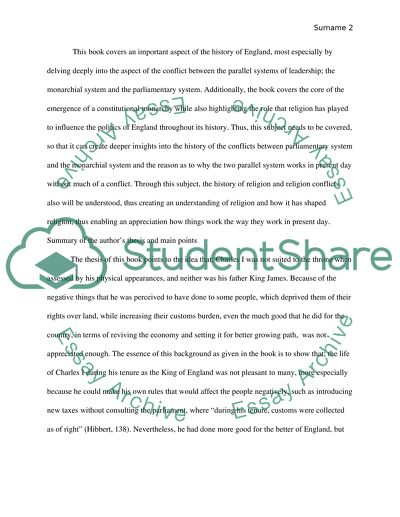Cite this document
(“Charles I Essay Example | Topics and Well Written Essays - 1500 words”, n.d.)
Retrieved from https://studentshare.org/history/1629530-charles-i
Retrieved from https://studentshare.org/history/1629530-charles-i
(Charles I Essay Example | Topics and Well Written Essays - 1500 Words)
https://studentshare.org/history/1629530-charles-i.
https://studentshare.org/history/1629530-charles-i.
“Charles I Essay Example | Topics and Well Written Essays - 1500 Words”, n.d. https://studentshare.org/history/1629530-charles-i.


